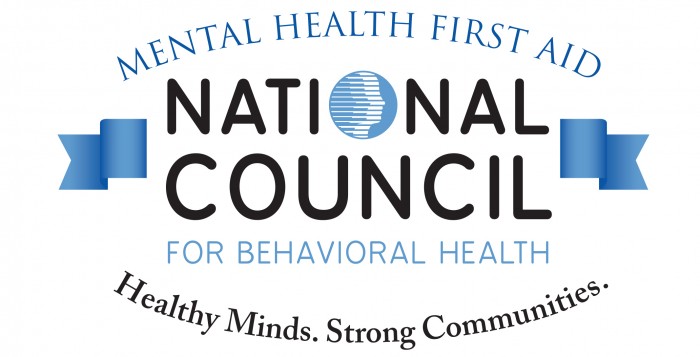The Wolf Administration has launched the Pennsylvania Link to Community Care website, which connects older Pennsylvanians and individuals with a disability or behavioral health need to services and supports available in their community.
The website provides users with a wide variety of resources, including a home care directory and an information referral tool. It is a collaboration of the departments of Aging (PDA) and Human Services (DHS), and is an extension of PDA’s Aging and Disability Resource call center. By providing assistance online, the initiative further enhances the Commonwealth’s efforts to help Pennsylvanians locate and best utilize services at the local level.
The site features 12 service and support categories: Advocacy, Behavioral Health, Employment, Finance, Health Care, Housing, In-Home Services, Legal, Meals, Protection from Abuse, Support Groups, and Transportation.
Users can find information about organizations, services, and programs within these categories. A major component to the site is the home care directory, which connects individuals to in-home services available in their counties. In-home service providers appearing on the searchable directory may offer personal care, assistance with activities of daily living, companionship services, respite care, and/or habilitation services.
If you are an in-home service provider licensed by the Pennsylvania Department of Health, and would like to appear on the home care directory, you may submit your information by navigating to the footer of the site and selecting “Apply.”
In addition to the home care directory, another major feature of the website is the information referral tool. This tool guides users through a series of questions and then provides a list of resources based on their specific needs.
Moving forward, the departments of Aging and Human Services will continue to enhance the website using data and feedback from users, and expand the resources and information provided through the site. This includes working with your organization and other stakeholders to increase the number of options appearing within each category. Read the press release here.

















